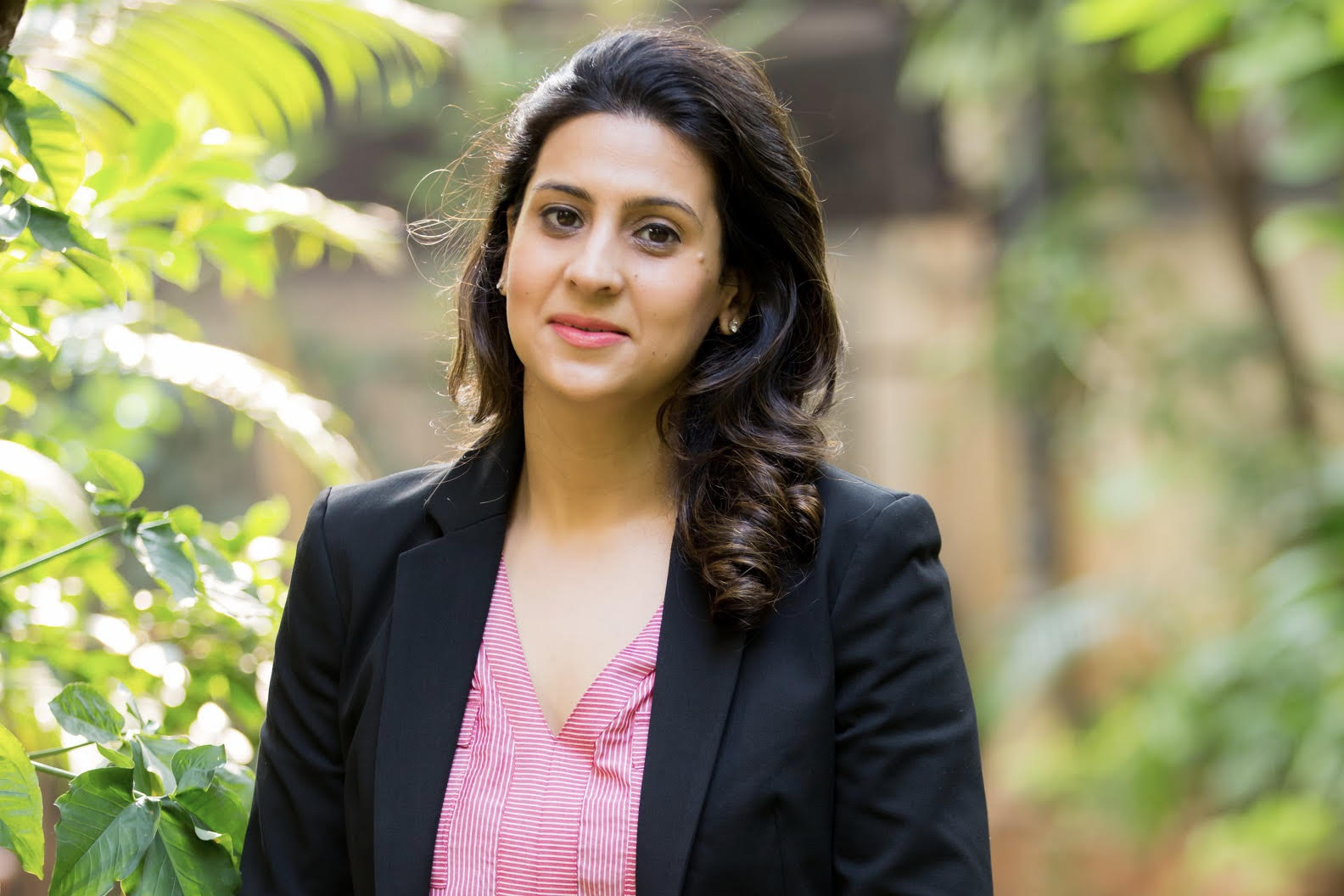We shall be dealing with the pandemic for the long haul and the trauma for some may continue for months. Acceptance of change is the only certainty in this situation as cases ebb and flow across the globe. These uncertain times do call for some adaptive learning.
The daily negative experiences of pain, grief and loss require an attitude of continuous resilience. Is resilience an attitude that can be taught? Or is one born with a resilient muscle from birth? Are there individual differences in adaptability especially with negative events?
Resilience is an ability to bounce back from various challenges and adversities that the environment presents. On a positive note, research states that people can not only build their resilience but also use it as a springboard towards growth.
Dr. Gregg Sternberg, performance psychologist, highlighted the stages of transcendence in adversity to move from what is called the “me mentality to the we mentality”. The stages that one bridges during traumatic events are getting a wake up call, switching to realign your life, realise your genius, create a life song and finding the we spot that drives you towards the community
Psychologist Richard Tedeschi (PhD) and Lawrence Calhoun (PhD) talk about ‘Post Traumatic Growth’ (PTG), the theory of transformation after a trauma, a theory of cognitive and behavioral change that fosters emotional growth. The PTG inventory measures an individual’s responses in areas of appreciating life, relationships, measuring personal strengths, finding new possibilities in life and creating a spiritual change.
Rational emotive behavioral therapy has shown changing your belief system and your core dialogue about how you perceive and evaluate the self, others, and the world is important. An individual operating from guilt will blame themselves even when they give their best effort. On the other hand, the angry individual will constantly demand and judge others and hold resentments towards them. In anxiety, each loss will be seen as awful and catastrophic to the extent that the person loses control entirely.
Changing these perceptions and interpretations entirely influences the way one feels and behaves. Psychologist Albert Ellis stated: “You have only to exist as you do and to live your life as best as you can.” It’s time to make the assertive choice to be unstuck and heal individually and as a community.
So what are the driving factors that help in mindfully making rational choices towards self-awareness and growth both during and after a pandemic?
With all the strong emotions and cognitive load, I would simply ask you to REST:
1. RELY on your support mechanism of family and friends as it enables one to unwind and connect to the mundane things of life that we take for granted. Commit to this as a habitual action.
2. ENGAGE more on the task at hand. Focus on your strengths and build consistency that is required on the ground job. Owning and acknowledging your strengths will help you feel positive. These strengths define who you really are. For example, an extroverted social individual or the introverted avid reader. Set things on priority rather than working on rigid deadlines.
3. STATE and list your hobbies and passions such as music, art, theatre or reading. Believe in your skills and abilities that increase your confidence. This reassures the path that you had once chosen to walk on. Use external motivation and communicate to people about your plans.
4. TRANSFORM tragedy, pain and loss. Instead of being immobile use it to build and create meaning and purpose in your life. Let the fear pass and define your role as a healer on this planet.
Trauma is an unavoidable experience. We all have different experiences and struggles but have a common underlying theme. It’s time to choose how to respond and perceive the grief. History has shown that the human species has evolved from time to time. It’s now time to evolve not just through our diet and physical muscle but also build the cognitive and emotional muscle of what I want in this lifetime? How do I transcend in life?
In the words of Buddha, “No matter how hard the past is, you can always begin again, if there’s no struggle there will be no progress.”


